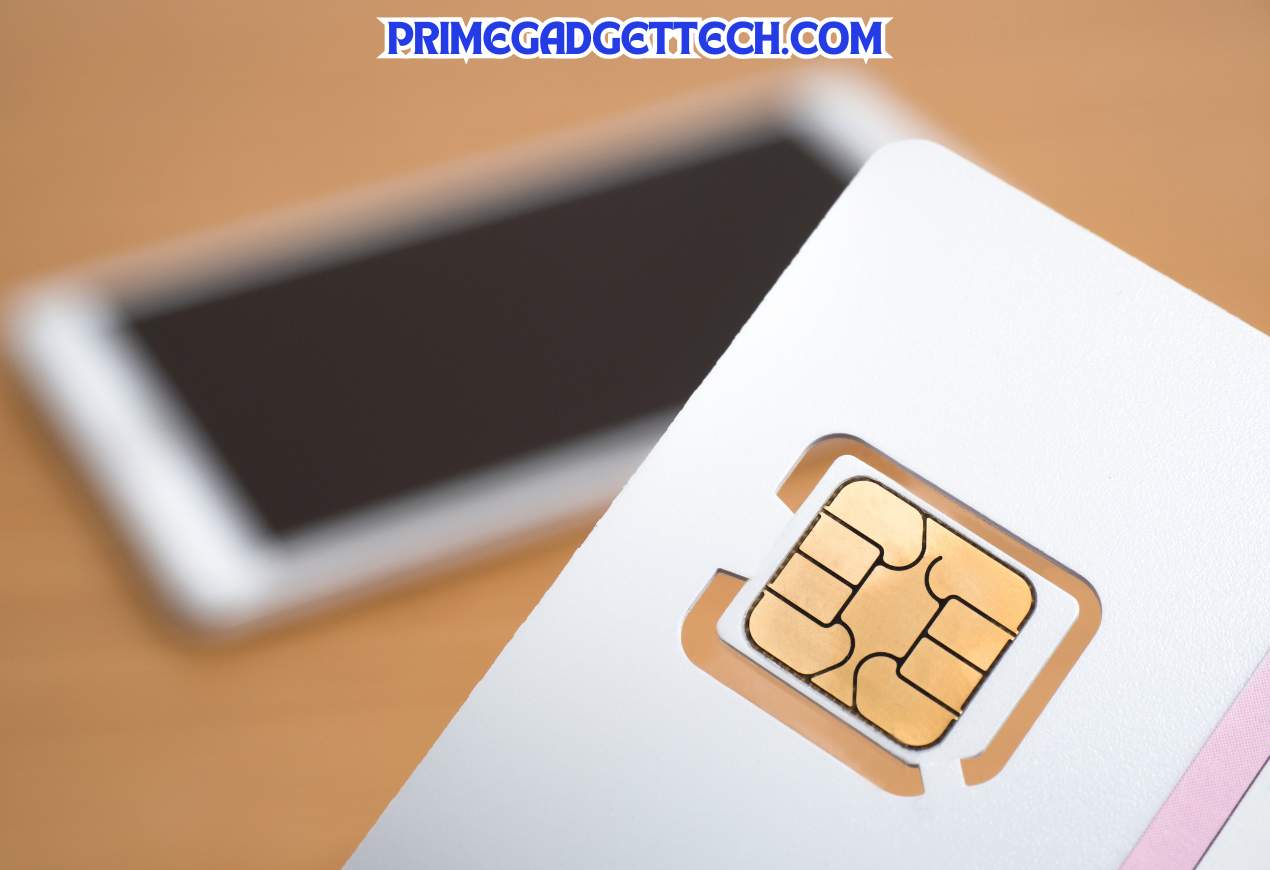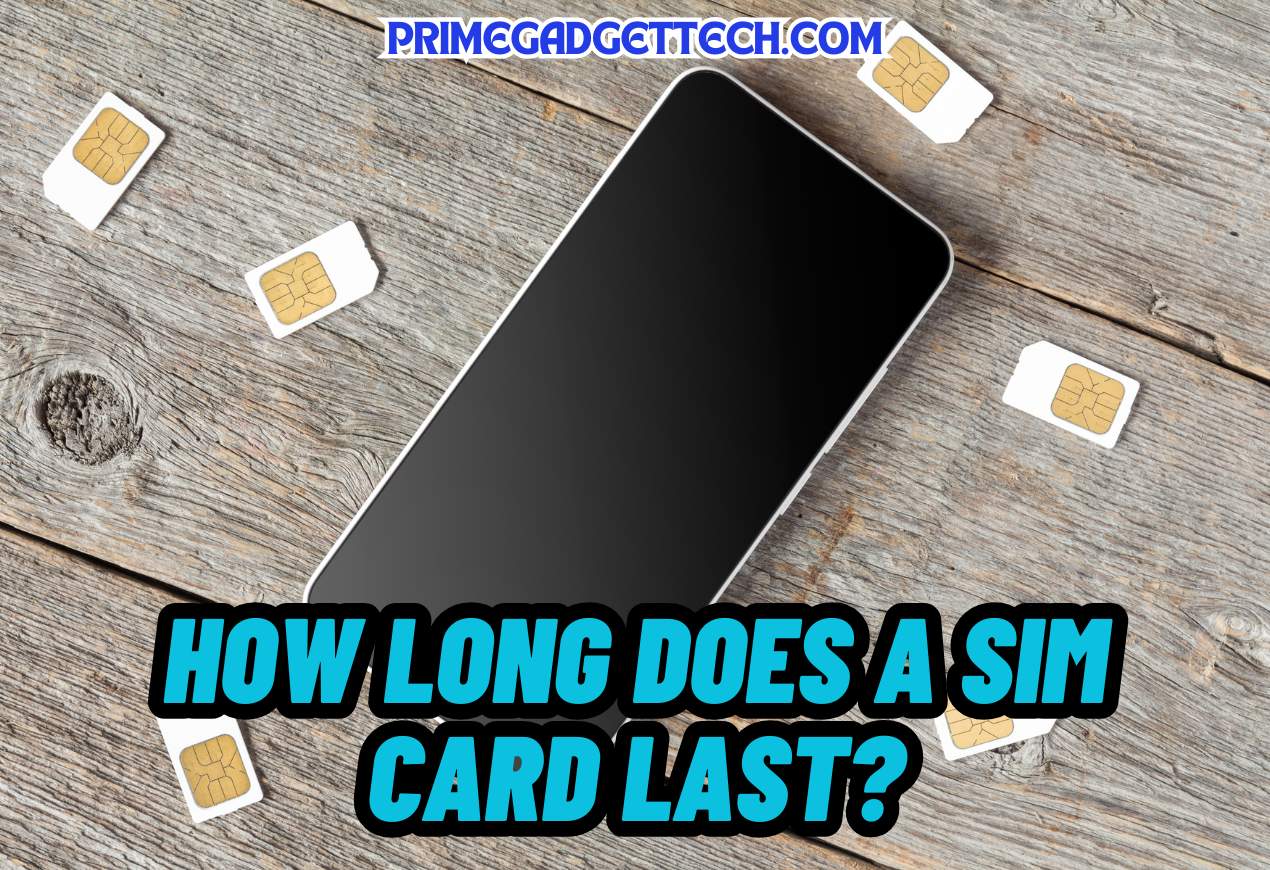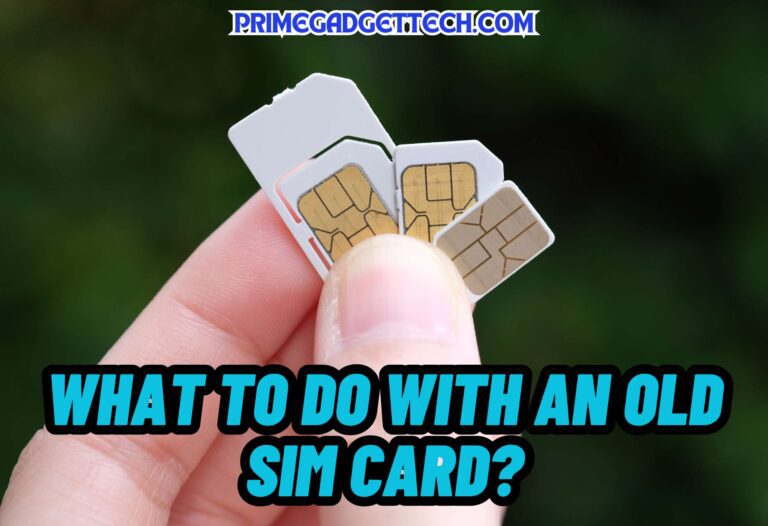How Long Does a Sim Card Last?
Your phone and your service provider are connected through the SIM card. It accomplishes the task of creating a cellular network connection. Unless they upgrade their phone, most people hardly ever mess with SIM cards. It’s possible for them to malfunction and damage your phone over time, though. So, how long does a sim card last before you need to replace them? We’ll go over all you need to know in this article.
How Do Sim Cards Work?
The subscriber identity module, or SIM, is where particular information about you and your phone is kept. One may equate a SIM card to an identity card for your phone. With a SIM card in a smartphone, mobile devices may make and receive calls, send text messages, and connect to internet services. Additionally, the SIM card contains data that links it to a certain cell network.
Unlocked mobile phones cannot access any data or voice services on any network of service providers without a SIM card; it would be similar to using an iPod Touch with the Wi-Fi off. To activate your new smartphone, your carrier might additionally need that you have a functional SIM card.
How Long Does a Sim Card Last?
A SIM card lasts for two to three years on average, while consumers sometimes maintain the same sim card for up to eight years. Some playing cards may last, on average, 10 to 15 years.
You might need to upgrade it since a broadband cellular network is probably more recent and swifter. The terms and conditions often do not state how long a SIM card lasts or how frequently a SIM card has to be updated.
The truth is that updating depends on the situation rather than on how long a SIM card works. How long is the life of a SIM card? If properly maintained, they can get used for years or even decades without losing their effectiveness.
Despite this, issues might occur at any time throughout that time, and it can develop faults, leaving you to question how long a SIM card lasts.
Related: What to Do With an Old Sim Card?
What Causes Damages to a Sim Card?
In the end, a variety of unique variables may cause SIM cards to stop working properly or to get damaged over time. By taking action after studying the reasons why SIM cards fail, you may lessen the risks to the SIM card and the device. It will maintain it in top shape for many more years!
Bending
The first and most obvious is that if a SIM card gets twisted in any manner, it will break. Both are improperly inserting the SIM card into your phone, and handling the SIM card yourself might cause this. If you want to reduce the chance of bending, only load and unload the SIM card from the phone when required.

Corrosion
Sim card metal may rust over time, especially in humid environments. Although most SIM cards include gold-plated contact points (which can help prevent oxidation), other SIM card components may still rust.
If you believe your SIM card may have corroded, you may get it cleaned. Use a Q-tip or cotton swab that has been wet with rubbing alcohol to gently contact your SIM card. However, take care not to spill any rubbing alcohol inside the phone.
Related: How to Clean a Sim Card?
Dirt
Sim cards that are dusty or unclean may have problems operating correctly. But even this is simply fixable. To get rid of any dirt, filth, or debris that has accumulated on the SIM card, carefully clean it with a microfiber cloth.
Additionally, if you plan to keep the SIM card out of your phone, keep it in a protective case rather than putting it on a table or in a drawer where dust could collect.
Outdated
In spite of the fact that SIM cards may last for years, if not decades, people likely won’t want to leave one about that long.
For instance, the 4G or 5G networks that we are familiar with today do not support SIM cards from the 2G era. If an unsupported network launches in your region, you might still want to replace the card even if it doesn’t break.
How Often Do you Need to Replace your Sim Card?
In general, SIM cards only need to be changed when they develop faults and can no longer support your phone’s service. Unless you’re switching to an incompatible phone, there is no need to replace them in advance preventively.
Although you can usually transfer the SIM card to a new phone, you should be aware that there are three distinct sizes of SIM cards: standard, micro, and nano.
You may wish to try a different SIM card when upgrading or moving phones, even though adapters are available that make each work regardless of the phone you’re using. Of course, even if you’ve been using the card for years, there is no need to change it if everything is running smoothly and you aren’t acquiring a new cell phone.
How to Make a Sim Last Longer?
Recharge the sim card thrice a year to keep it from expiring. However, this depends on the terms of your carrier and you must get in touch with your network operator and make your request if you plan to spend a significant amount of time going abroad and don’t want the sim card to expire.
They will either hold the SIM card for you for a longer time or, more likely, won’t provide it to anybody else until you return to the nation. Although the network price for such services will determine how much it will cost you, every network provider performs this service.
Final Thoughts
Changing the SIM card might be a complicated subject. However, using your SIM for an excessive amount of time can have connectivity problems. There is no set period when you should update your SIM. However, you should do it between 5 and 7 years to reduce network problems by using an outdated SIM.

Robert Will is an expert in wearable technology, with a keen focus on smartwatches and smart rings. Passionate about staying at the cutting edge of tech, Robert regularly acquires the latest wearable devices to thoroughly test and review. His in-depth guides are crafted to help consumers navigate the ever-evolving world of smart wearables, ensuring they make informed decisions. With a background in tech journalism and a genuine enthusiasm for innovation, Robert’s insights are both practical and engaging. Whether you’re a tech novice or a seasoned gadget enthusiast, Robert’s comprehensive articles and reviews offer valuable perspectives to enhance your tech experience.







